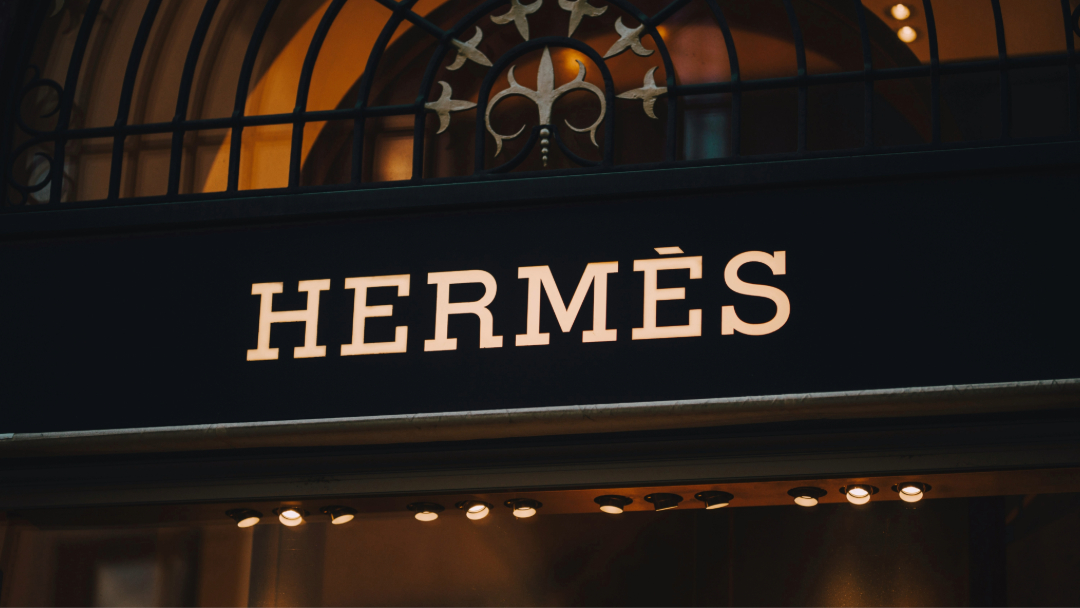Alibaba is leveraging its APASS program to help luxury brands market to Chinese consumers, revealing four types of affluent shoppers in the process.

Alibaba is leveraging its APASS program to help luxury brands market to Chinese consumers, revealing four types of affluent shoppers in the process.
From problems with counterfeiting to a lack of exclusivity, there are a number of reasons luxury brands in China may be reluctant to partner with Alibaba, the country’s largest e-commerce platform. However, through a membership program named Alibaba Passport, or APASS, the company offers luxury brands something that for many is hard to resist: access to its top online consumers.
Since its launch in 2015, Alibaba has turned its APASS program into a marketing tool to explore business opportunities with luxury brands. Recent campaigns have brought shoppers to Australia, as well as top travel destinations in Europe, where VIP customers on Alibaba are given tours of high-end stores, wineries, and more in exchange for blog and social media posts. But more than that, APASS is giving brands insight into exactly who their emerging middle class online shoppers are.
What is APASS?
APASS is a loyalty and rewards program exclusively for extravagant buyers on Taobao and Tmall. Alibaba has full control over whom it wants to invite to join the program. The membership is renewed annually based on personal shopping history, credit record, and several other criteria.
According to public information listed on the APASS’s official website, all members enjoy the following special services and privileges: a one-on-one customer relationship manager, returns protection, 24/7 message notifications, and a speed refund up to 5,000 RMB. Currently, the program has reached more than 100,000 members, according to Chinese media reports.
What is the eligibility for APASS?
The bottom line for joining APASS is to spend at least US$15,000 a year, (but the company says 300,000 RMB (US$43,000) per year is about average) on Alibaba’s shopping sites and maintain a good credit record. However, that does not mean that the more consumers spend, the more likely they will be invited to join. As some members have said on their social media accounts, factors such as the diversity of their purchases are also counted as important criteria.
How big is their purchasing power?
According to a 2016 survey by Ali Research Institute, more than 60 percent of members have a monthly household income of more than 50,000 RMB (US$7,200). Benhong Dong, the chief marketing officer at Alibaba, said “these people at least spend 30 billion RMB online every year,” when commenting on APASS members’ spending ability in a conference last year. During Tmall’s 11.11 Shopping Festival in November, APASS members spent almost eight times that of the average Alibaba consumer.
What are the general characteristics of APASS members?
The findings from the same report by Ali Research suggest APASS members are young and gender-balanced, but also family-oriented. During their free time, what they most like to do is surf the web to find good deals for their family. Another key characteristic is that they love traveling. APASS members like to customize their traveling plans based on their personal interests and preferences. When it comes to where to stay during their trips, most of them tend to choose luxury hotels, while a small portion of them prefer to stay at a bed and breakfast that allows them to mingle with locals.
The research further breaks down the group of APASS members into the following four categories:
1. Young mothers
They are highly family-oriented people. They buy products online, ranging from baby formula, furniture, and gardening, to customized family travel plans. Young mothers are particularly interested in imported products as they are concerned about the air quality and food safety in China.
2. Business leaders
Members holding senior positions in financial institutions and big companies in China tend to fall into this category. They represent a group of successful people, not only in terms of their wealth, but also in terms of social status. They care about the quality of their life and thus are willing to spend big money in return for products and services that go beyond the average standard.
3. Millennial fashionistas
Millennial fashionistas usually come from a wealthy family background. They are also active social media users who closely follow fashion trends. That has made them a particularly important part of Alibaba’s marketing strategy as this group is fond of posting on social media platforms to show off their interaction with APASS and luxury and fashion goods they purchase.
4. First-generation young entrepreneurs
“Value-conscious” and “practical” are two keywords to describe them. These business owners of start-up companies are just getting started on their career path and need to grow their business in a highly competitive commercial environment. Therefore, the products they buy, brands they use, and the community they belong to all have become a stepping-stone for them to reach out to higher-class peers.
How can the APASS program benefit luxury brands in China?
If luxury marketers doing business in China want to understand Chinese consumers, they need to pay market research agencies to do it. The APASS program merely offers a shortcut for brands to achieve this goal. It not only allows them to gain insight into their potential consumers, but it also shows them who they should target directly.
Even though it remains to be seen whether APASS truly has what it claims to offer to luxury brands in China, brands like Louis Vuitton, Guerlain, and Maserati are among those already beginning to test out the APASS’s reach.
Article originally published on Jing Daily










